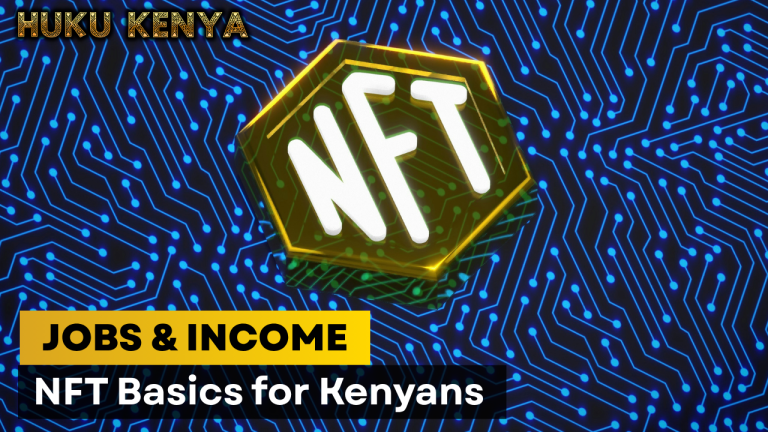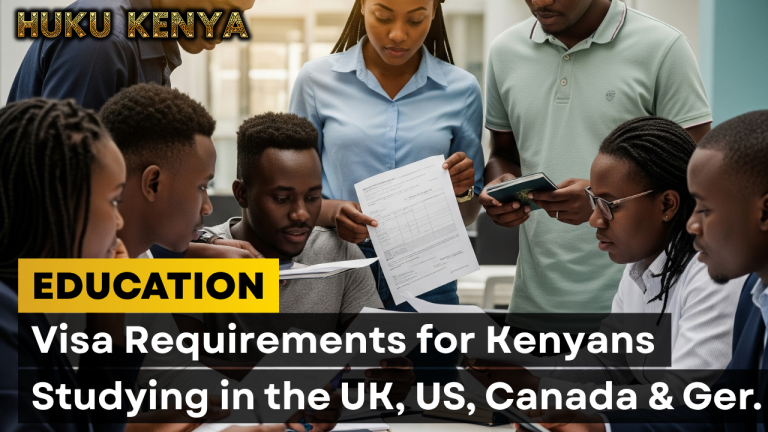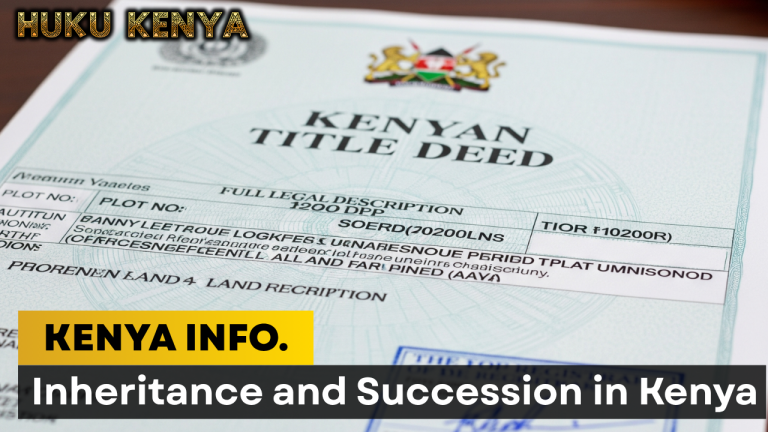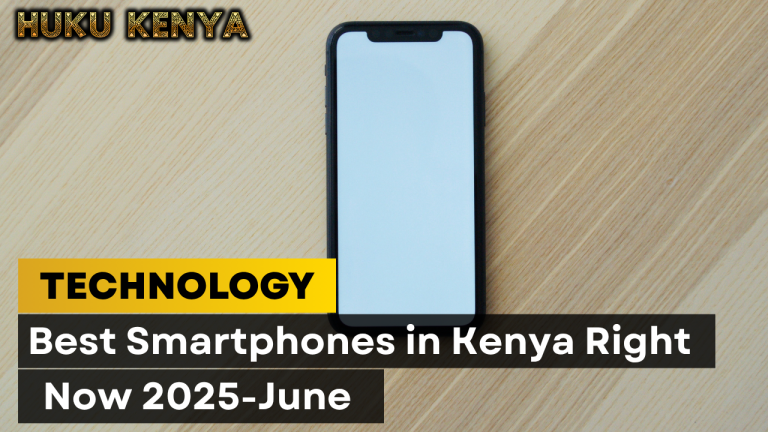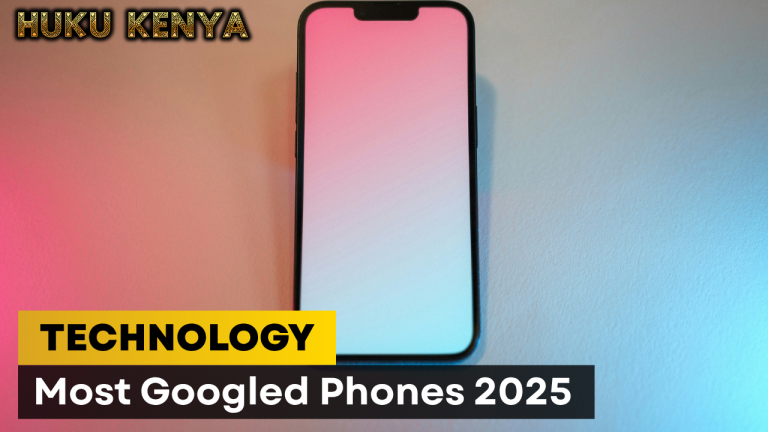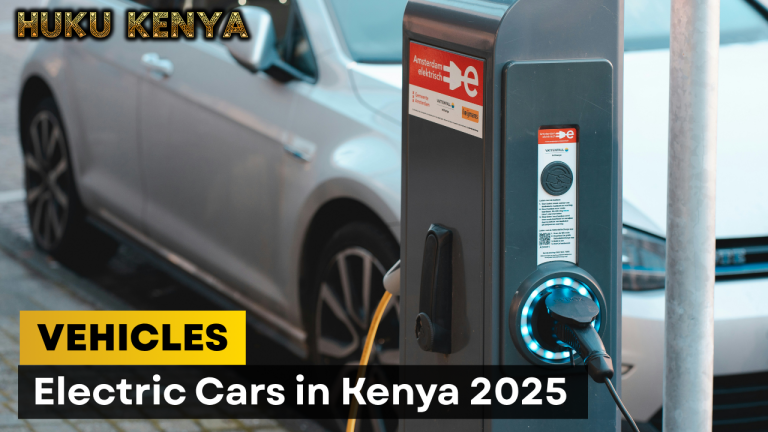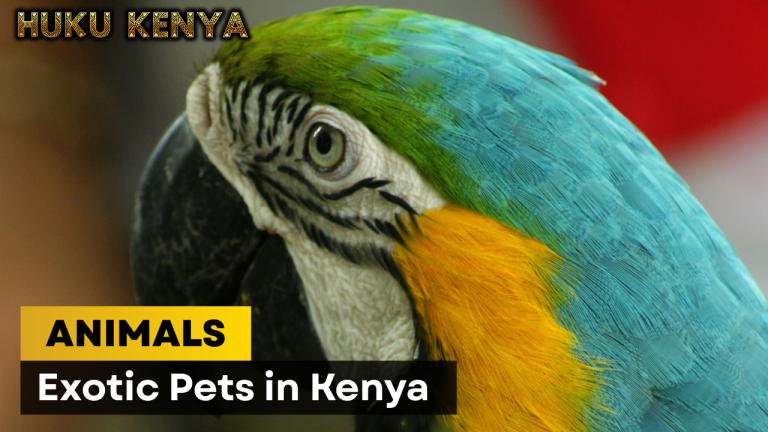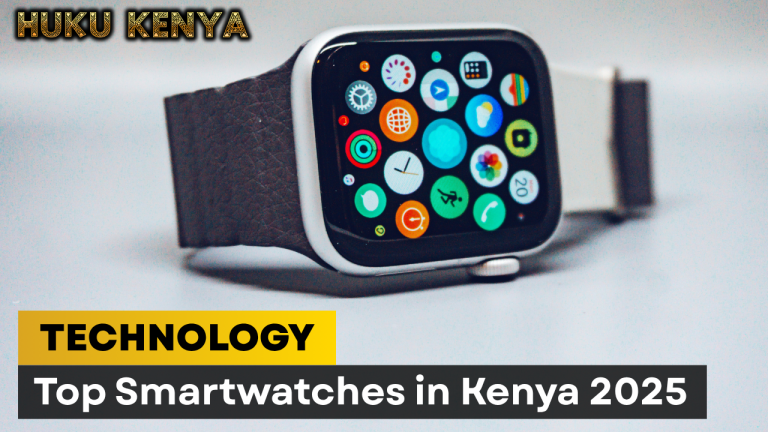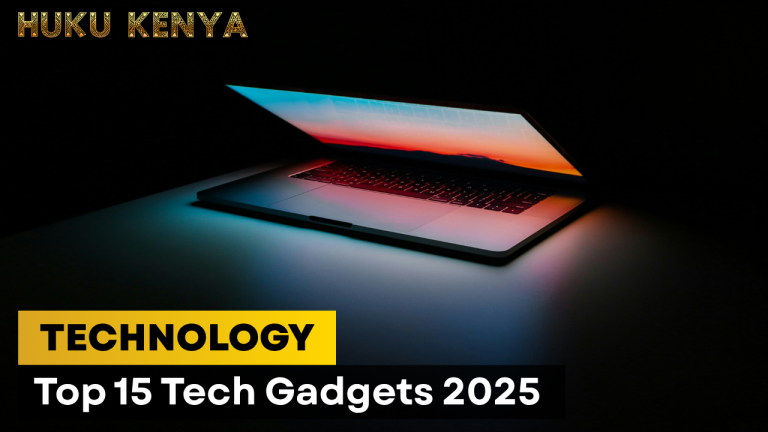
The Kenyan tech scene continues to thrive, with a strong focus on local innovation, digital inclusion, and adapting global tech giants’ strategies to the unique needs of the “Silicon Savannah.” Here’s a look at what’s been making headlines from Microsoft, Google, Apple, and key local players like Safaricom and M-Pesa.
Microsoft in Kenya: Powering AI and Business Transformation
Microsoft is heavily investing in Kenya’s digital future, with a clear focus on Artificial Intelligence (AI) and empowering local businesses.
- AI for the “Frontier Firm”: Microsoft’s 2025 Work Trend Index Report, released in May, highlighted Kenya’s strategic position in the rise of “Frontier Firms” – businesses leveraging AI and hybrid human-agent teams for enhanced productivity and innovation. Phyllis Migwi, Country Manager for Microsoft Kenya, emphasized that AI is transforming workforce capacity, making intelligence “abundant, affordable, and scalable.” The report also noted that 78% of global leaders are considering AI-specific roles, with this figure jumping to 95% for Frontier Firms, showing a clear demand for AI skills in the Kenyan market.
- AI Tour in Nairobi: In March 2025, Nairobi hosted the Microsoft AI Tour, bringing together business leaders and AI enthusiasts to explore AI’s transformative potential. Microsoft announced a $1 billion investment in Kenya’s digital ecosystem in partnership with G42, aiming to provide advanced AI solutions and digital infrastructure. This includes driving increased access to connectivity through initiatives like Project Mawingu, which by the end of 2024 covered 31 counties, impacting millions.
- AI-Ready Infrastructure: A significant partnership was announced in May between Safaricom and iXAfrica Data Centres to deliver Kenya’s first AI-ready data centre services. This collaboration, enabled by Microsoft’s broader investment, will allow businesses and government entities to access scalable, cost-effective solutions for high-power density workloads like AI computing, cloud computing, and data analytics directly in Kenya. This is crucial for enabling local AI development and adoption without relying heavily on overseas infrastructure.
- AI and Cybersecurity Skilling: Microsoft is committed to democratizing AI in Kenya. In 2024, the company announced a groundbreaking program aimed at training 1 million people in AI and cybersecurity in Kenya. This initiative, in partnership with Serianu Limited, the Kenya Bankers Association, and USIU-Africa, is helping address the cybersecurity talent gap and aligns with Kenya’s Vision 2030.
Google’s Presence and the Digital Landscape in Kenya:
While specific Google product launches or local initiatives in Kenya in mid-2025 haven’t been as prominently highlighted in recent news as Microsoft’s AI push, Google remains a dominant force in Kenya’s digital ecosystem through its search engine, Android OS, and various digital services.
- Underlying Infrastructure: Google’s services underpin much of Kenya’s digital activity, from search and YouTube to the widespread use of Android smartphones. Any global updates to Android, Google Search’s AI capabilities, or cloud services indirectly impact Kenyan users and businesses leveraging these platforms.
- Digital Skills and Entrepreneurship: Google has historically invested in digital skills training and supporting local startups through programs and incubators in Kenya. While recent specific announcements are scarce, these long-term commitments continue to foster the local tech talent pool.
- Youth Engagement: The ongoing youth-led protests in Kenya, driven by economic frustration and governance issues, heavily utilize social media platforms like Google’s YouTube for sharing updates and organizing, demonstrating the critical role of digital communication tools in the country’s public discourse.
Apple in Kenya: Focus on User Experience and Digital Safety
Apple’s presence in Kenya primarily revolves around its premium devices (iPhones, iPads, MacBooks) and its robust ecosystem. Recent news highlights Apple’s commitment to user safety and continuous software enhancements relevant to its Kenyan user base.
- Enhanced Parental Controls and Child Safety: In early June, Apple announced an expansion of tools designed to help parents protect children and teenagers online. These include new ways to manage Child Accounts, the ability to share a child’s age range with apps for age-appropriate experiences while protecting privacy, and more granular age ratings on the App Store. These features are globally rolled out and are available to Kenyan families using Apple devices.
- Software Updates and Ecosystem Refinements: Apple consistently rolls out major software updates (like iPadOS 26 and new capabilities for Apple Intelligence) that enhance the user experience across its devices. These updates bring new features, performance improvements, and security enhancements directly to Kenyan users who own iPhones, iPads, and other Apple products.
- App Store and Developer Support: The App Store remains a critical platform for Kenyan developers and users. Apple continues to prevent fraudulent transactions on the App Store (preventing over $9 billion globally in fraudulent transactions in the past year) and supports developers in reaching new heights, benefiting Kenyan app creators.
Kenyan Tech Titans: Safaricom and M-Pesa Leading the Way
Safaricom, and its ubiquitous M-Pesa platform, continues to be a cornerstone of Kenya’s tech landscape, with recent developments showcasing their evolution into a broader technology company.
- Record Revenue and TechCo Transformation: Safaricom announced an impressive 11.2% growth in total revenue to KES 388.7 billion ($3 billion) for the financial year ended March 31, 2025. This marks a significant milestone as the company successfully transitions from a traditional telecommunication business to a “Purpose-led Technology Company.” The growth is attributed to sustained innovation across its product portfolio and expansion into Ethiopia.
- M-Pesa Dominance and Diversification: M-Pesa, which turned 18 last year, continues its strong growth, contributing 44.2% of Kenya’s service revenue. Its growth is driven by diversification beyond basic payments, with an accelerated focus on consumer and business payments, wealth management, and credit solutions.
- AI and AWS Partnership for Customer Experience: Safaricom has extended its partnership with Amazon Web Services (AWS) to accelerate innovation with customer experience using Generative AI. Safaricom is leveraging AI/ML big data and analytics capabilities with AWS cloud technology to improve customer experience, particularly in fraud detection (achieving 89% accuracy for social engineering fraud using graph neural networks) and enhancing its Zuri chatbot for customer queries.
- AI-Ready Infrastructure (with Microsoft): As mentioned, Safaricom’s partnership with iXAfrica Data Centres is crucial for building Kenya’s first AI-ready data centre services, positioning Kenya as a player in the AI megatrend.
- 5G Expansion and Digital Inclusion: Safaricom continues its 5G rollout across Kenya, enhancing connectivity and enabling high-speed internet access for both mobile and home users. They also announced partnerships with retailers to accelerate 4G and 5G home internet access.
- Community and Youth Empowerment: Safaricom and the M-Pesa Foundation continue to invest heavily in education, health, environmental, and economic empowerment initiatives across Kenya, impacting millions. This includes significant investments in school renovations, medical camps, and programs like the “Hook Circle Bootcamp” empowering youth.
The Kenyan tech scene is vibrant and dynamic, with global giants like Microsoft, Google, and Apple adapting their strategies to the local context, while local powerhouses like Safaricom and M-Pesa continue to drive innovation and digital transformation across the country.


